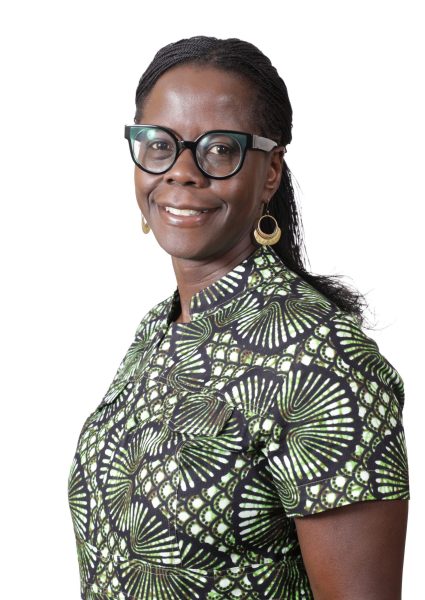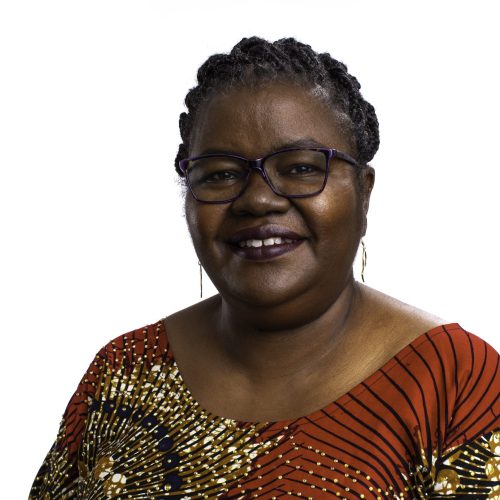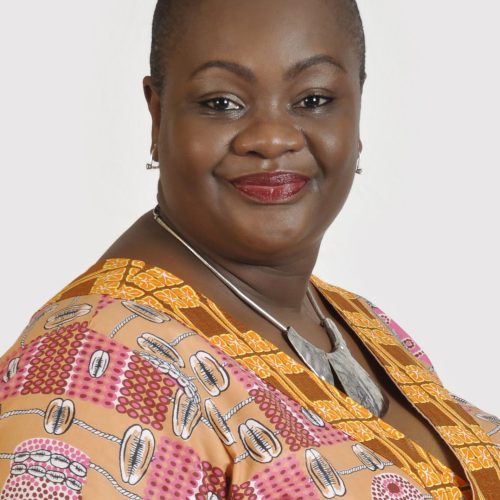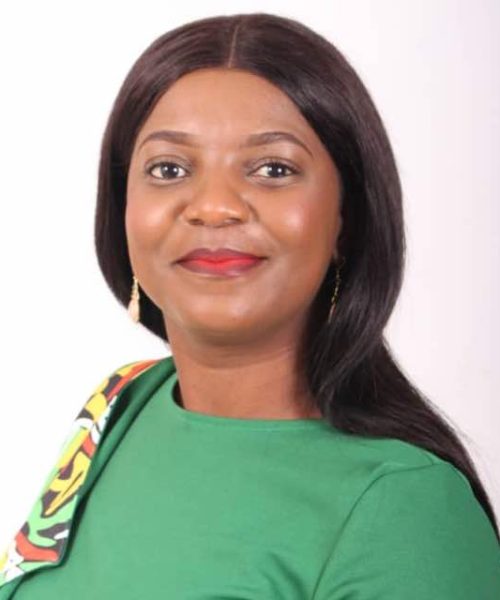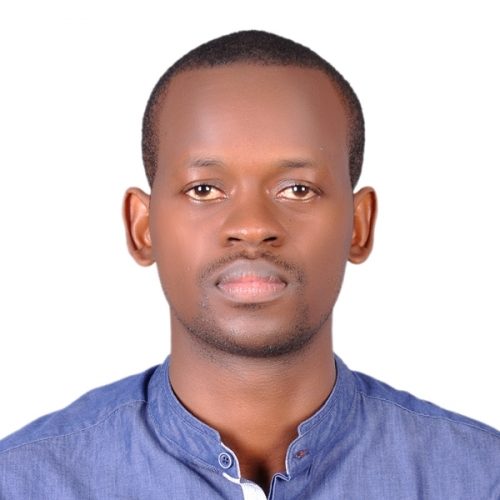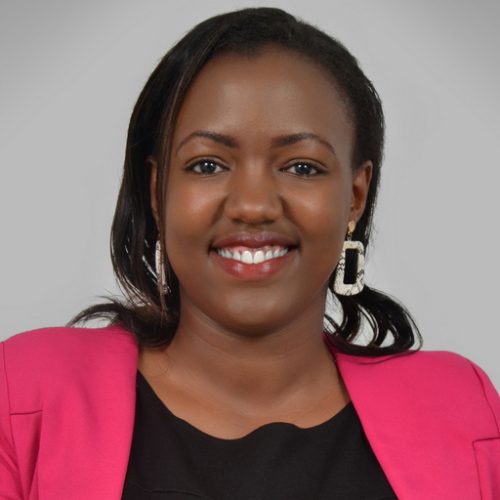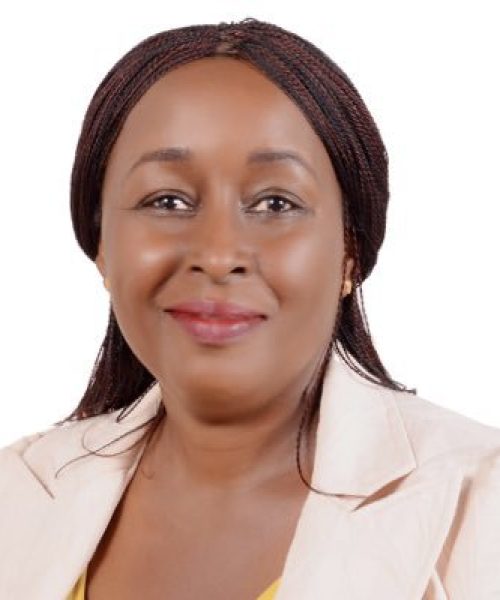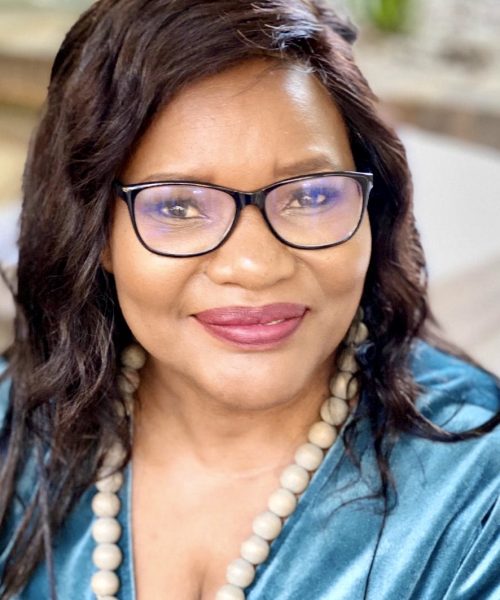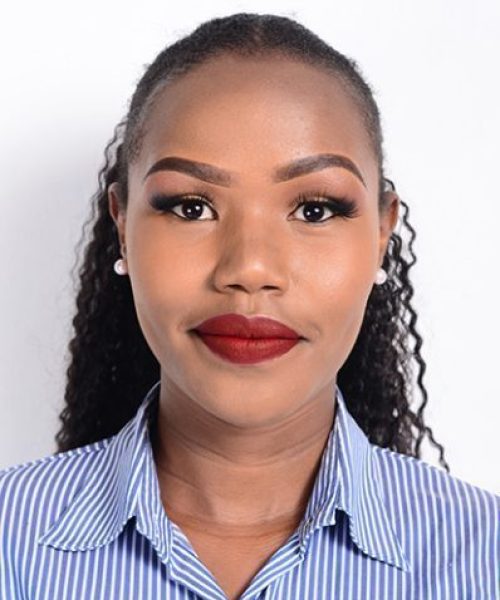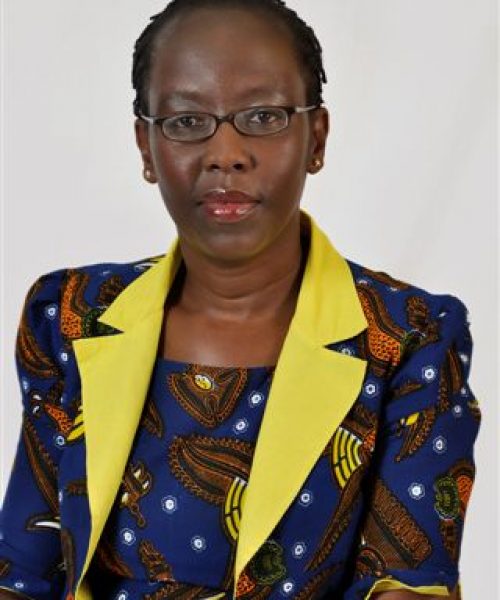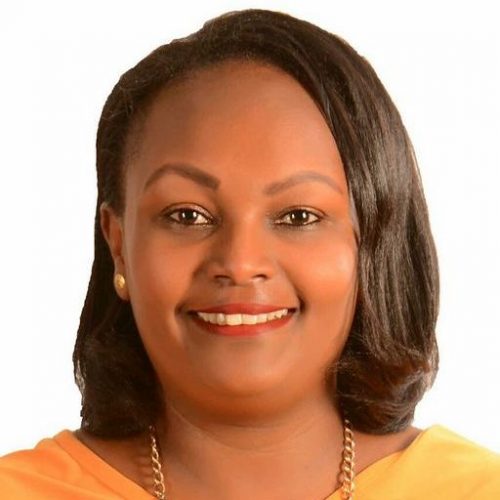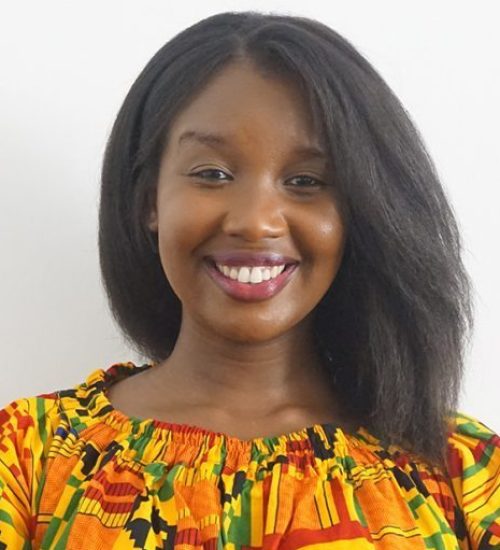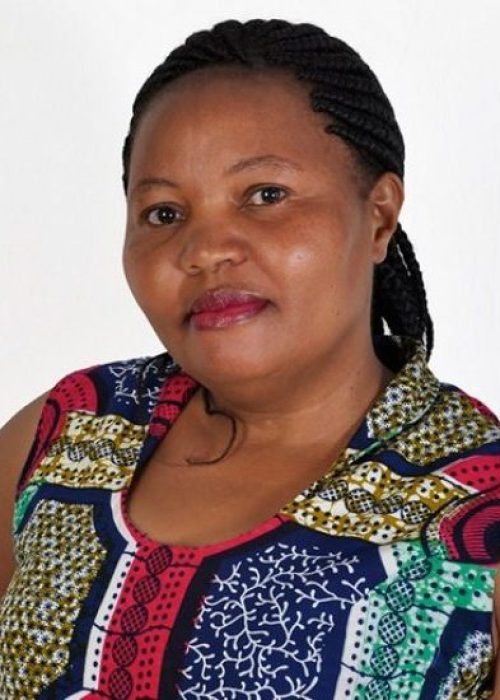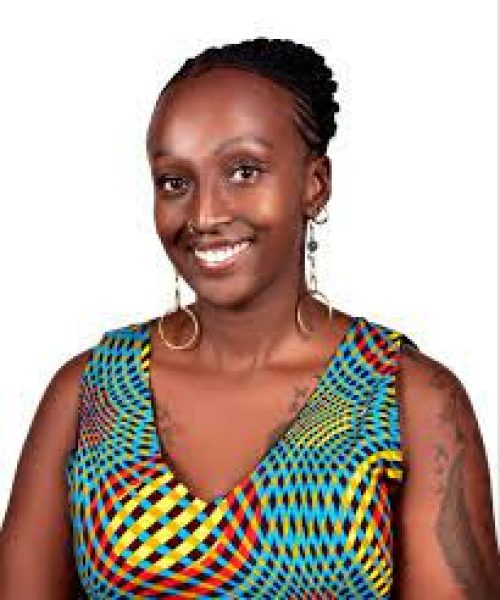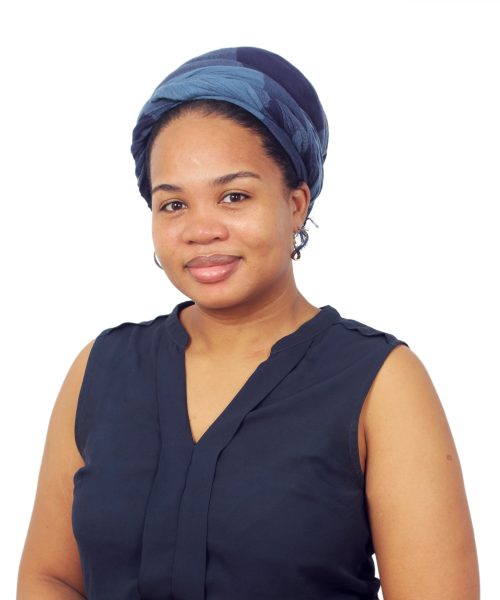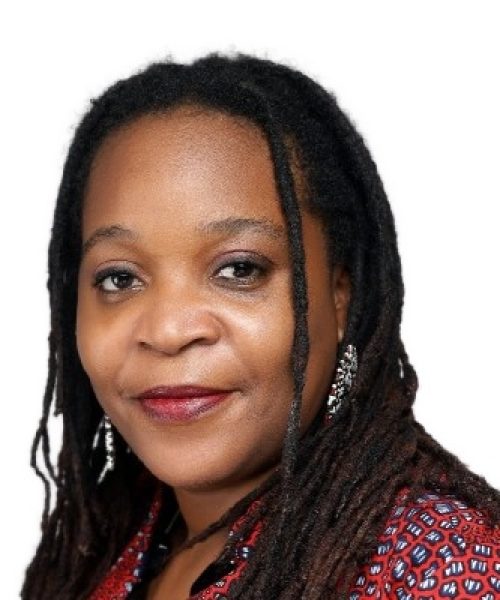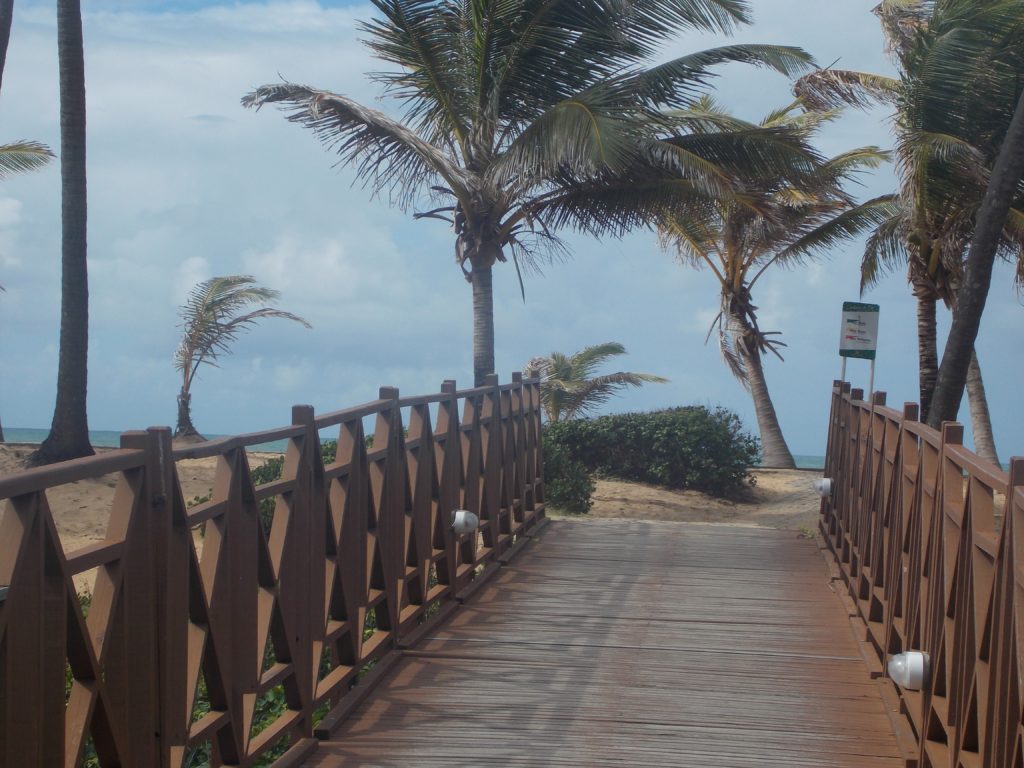
On the Beaches of Bahia – AWID’s 13th International Forum
This is a blog written by a participant of the 13th International AWID Forum, supported by UAF-Africa, through a grant from the Foundation for a Just Society.
A little bit about me:
I always find it difficult to talk about myself – I prefer to listen to others. What justifies my presence on the beaches of Bahia is a consequence of a fortunate combination of events. I am an anti-racist and anti-colonialist activist. My fight for equal rights between men and women began far from my home country, Cameroon, while I was a political science student in France.
What have we been convicted for? I asked myself. The country where we were born and whose passport does not allow us to go anywhere without humiliation, a genetic heritage that gives us a certain skin color, a biological difference that makes us women and as such unequal to men? What have we been convicted for? As African, as Black, as a Woman and as Queer, it is the refusal of the accusation, that any of us are “guilty by birth”, that justifies my Feminist commitment. My desire to grow, to join others in this noble cause and to learn more about our lived realities, means and strategies to put things in their place is constantly increasing.
Today, I am committed researcher. I went back to my country after ten years abroad and I am trying to build new landmarks. In the beginning of the year, I expressed my desire to participate in the AWID Forum 2016, to several people around me, though I had no paper to present. A good friend of mine, Mariam Armisen, also founder of Queer African Youth Network (QAYN) forwarded my request to Urgent Action Fund-Africa (UAF-Africa). Fortunately, the UAF-Africa wanted to offer a scholarship to a Francophone Feminist based in Central or West Africa. I feel privileged to have been selected for such an event. It was my first experience of the Forum and I met many exceptional women, a first experience that gave me so much strength and joy to “Get up and Stand up for Women’s rights”.
On the Bahia’s beaches, a distant Uncle or Aunt walked with a heavy heart and chained body. It was less than 300 years ago. In 2016, I walk tall on the same beaches, feet free, with a sated belly and a mind full of projects and my eyes set on the waves movements. I am free, proud and I feel stronger than ever.
Behind me, I hear voices and laughter. Behind me, hundreds of women are deliberating around a buffet that is ever full; they are clinking their glasses with a smile and sensual energy. I am attending AWID’s 13th International Forum and this is one of the most intense moments of my life. I feel in communion with these women who came from all over the world: young and dynamic women regardless of their age, lesbians, indigenous women, veiled women, trans, rural women, migrants, sex workers, political leaders, etc.
I feel understood, supported, encouraged and pushed up. There is no need to explain anymore why I am a Feminist, no need to justify my stance for equality, no need to convince anyone of the multiple forms of oppression against women in general and women of colour in particular, women living with disabilities, Black women and gender nonconforming people, to be precise, and the importance of fighting against the oppression, of resisting it. In a framework that was entirely developed for the sharing of experiences, reflection, action, relaxation, meditation, communion and projection, I learned several things, which I would group into 10 key points.
- Going beyond internal conflicts within Feminism is important
Like any political movement, there are several waves within Feminism. Many identities intersect, because we are not just women, we are African women or women of African ancestry; we are also Muslim women, trans, queer, women from certain social or environmental backgrounds. All these diversities are useful to the movement, as long as we understand ‘woman’ as a specific political category and not just from individual configurations.
This is why our work requires collective action, which should aim at one objective: women’s empowerment and the autonomy to determine the future for ourselves. There is no hierarchy of oppression. In this context, we must be permanently open, even about matters on which we are not comfortable. We share responsibilities as Feminists to advance women’s rights and justice for all women regardless of their social and religious affiliation or sexual orientation. As one participant said at the opening session:
“None of us is free unless all of us are free – Myrna Cunningham”.
- Every silence is culpable
The major challenge for us, as Feminists, is ensuring we do not remain silent on issues of injustice, oppression and inequality; we have to denounce all forms in which they arise. This denunciation may be through diverse acts: organised protest, open letters, artwork, entertainment blogs, etc. When the floor is given to us and even when it is not, it is our duty to take advantage of available platforms to call for the respect and protection of human dignity. The capitalist world we live in takes a lot of forms of discrimination as normal. Yet it takes away our freedoms, manipulates diversity, incites nationalist isolationism and perpetuates state violence and violence taking place in private spheres. At the height of resurgence of religious fundamentalisms that fit perfectly in the capitalist system, we are asked to simplify Feminism, arguing that the situation is much better for women today. Above all, we must not be silent! We must remain vigilant and never submit to the domination. Simplifying structural oppression is a way of dragging us backwards in the struggle.
- Trusting our visions of change
Being young is a state of mind; it is also a set of factors related to life experiences, family or professional situations, etc. Theoretically, when we are young, we have more time for ourselves and we do not have the same work or family constraints as those who are much older and who have to deal with schedules that are often inflexible or take care of children. When we are young, we have a lot of doubts, but the challenge is just to believe in our own visions of change and work towards them. Christina, from the association No Tengo Miedo in Peru gave an inspiring example about this. During its municipal campaigns in Lima, the association drafted a set of proposals for young people, including young LGBTQ, which it sent to each candidate by inviting them to respond to them. Three quarters of candidates participated and this created high visibility for the association and their demands. Being a young Feminist is above all to dare. This also applies particularly to young African Feminists. We should not be afraid of challenging harmful traditional practices and customs such as genital mutilation, polygamy and forced marriage. Here is a sentence from one participant that restored confidence:
“I believe in myself. I trust myself. I love myself.”
- Mobilising and Rallying
Mobilisation is a key strategy of change. The more of us there are and the more we are interconnected, the stronger we are. Mobilising is using one’s knowledge network, it is stepping out of our comfort zones to seek allies and team up with them. Rallying is to accept other people’s requests without getting lost in being too general or ‘lacking focus’. It is getting involved in sister causes and exercising deliberate inclusion.
Mobilising and rallying can be done at local and international levels due to new technologies. Rallying is also getting involved in politics at the local level. It is proposing feminist lenses through which to read the social, economic, religious or cultural contexts in which we live.
“Je te tends le fil, transmets-le à ta fille qui le transmettra à sa fille,” Aissatou Cissé, Senegal (I am passing on this rope to you, transmit it to your daughter who will forward it to her daughter.)
- Taking care of oneself and caring for others
Loneliness and discouraging moments are common in activist circles. However, if we get together, if we take care of one another, we will strengthen one another to keep fighting and standing firm in the face of adversity. Taking care of oneself is not separating oneself from others. Caring for others is ensuring that our companions in the struggle feel supported, encouraged and loved. Sometimes just a phone call can be enough to let someone know they matter.
“Taking care of myself… I never really thought about it (…). It is true that it is difficult (…) Yes; I guess there should really be solidarity among black women. We must be there for one another». Yasmin Thayna, Coletivo Nuvem Negra/PUC Rio
- Being a leader is not being a « boss » or « master»
Feminists have reflected on the concept of leadership extensively with a long history of activism. The hierarchy of roles in our movements is often modelled on our society’s hierarchical systems; this puts the majority of people in a position of inferiority. This situation prevents them from expressing themselves, from being fully engaged and staying in the movement. It is often the same people who speak, who travel and who decide while others are confined to a role of attendees.
Leadership involves everyone in the movement. Leadership is about respecting others, regardless of their age or journey in the movement. We, young African Feminist leaders, are often paralyzed by the respect due to our elders. This respect does not in any way mean that we should give up our arguments; we must believe in ourselves and in our visions of change. As Feminists, leadership is primarily collective and not only individual, even though both may be different depending on the context. As one participant said: “Leadership is a process rather than an objective”. Being a leader is to be always present, encourage others, carry on the fight, calm conflicts, listen and listen again.
- Occupying the Internet
The Internet is not only a tool, but also holds content. Occupying the Internet is marking one’s presence in public space. The Internet is a powerful information and training channel. In this space, we cannot only highlight the multiple realities of many women, but also engage other Feminists on important issues. Thus, beyond our Facebook or Twitter pages, blogs or online journals, there are Feminist or pro Feminist applications that can be used both for activism or one’s safety.
Examples:
Occupying the Internet is dominating exchange and online discussion spaces, participating collectively, involving other Feminists to support one another and avoid being emotionally exhausted. The idea is to use the Internet, always as a tool to share our visions. That means participating in online discussions, posting comments on each other’s blogs and defend views that contribute to a Feminist vision. When exhausted or when afraid, you can call upon other Feminists who are following you to support your statement or answer to particular hateful tweets. Being more than one against bigotry is a way to avoid emotional breakdown online.
- Resisting
Resistance to oppression begins with one’s body: “Our body is our territory and we must defend it”(An indigenous panellist.) Resistance is life. Joy is the core of resistance. We must resist the manipulation of our struggles. Resisting is refusing to comply, it is refusing to be silent, and it is refusing compromises when our freedoms are at stake. It is questioning the norms and conventions that govern us. It is reinvesting in our cultures and proposing a new way of interpreting them. Finally, it is about resisting financial structures modelled on the neo-liberal system and serving donors’ interests rather than following one’s own consciousness. If it’s against my rights, I object.
- Stop being politically correct
Being a Feminist is an attitude of resistance against an established order, a diversified system that enshrines inequality between men and women. Women are a socio-political category and gender based violence is real. Many organizations do not dare to assert gender equality, which implies fair treatment, and equality under the law for fear of reprisals. The widely prevalent discourse is that of the promotion of women’s rights; which in itself is good, but insufficient. The promotion of women’s rights necessarily goes hand in hand with the defence of these rights when they are attacked or denied. Gender issues are not only about quota or parity in politics. Gender issues take into account power relations between men and women, the relations that place women in precarious situations that expose them to violence, abuse, and exclusion and permanent stigmatization. Being politically correct is, for example, refusing to identify oneself as feminist while our struggle has to be visible and it is a political struggle.
- Think locally, act locally and globally
In Tunisia, Yasmina organised a Feminist art festival and is currently running its second edition. The goal of this festival is to create women’s positive visibility in a country where men monopolize public space and women bodies are extremely controlled. Its message is: “Yes we are there, yes we are not just miserable victims, we are fighters”. Thinking locally is thinking about how to transform one’s immediate environment. It is what many associations on the African continent are doing in conflict or post conflict regions. In northern Mali or in eastern Congo, violence against women is intolerable. Thinking locally in such contexts is supporting women victims of oppressions and denouncing them at the government level. It is proposing specific legislations to politicians so they take them up to decision-making spaces.
Conclusion
On Bahia’s beaches, we put together our different struggle strategies. We talked about many issues that affect the physical and psychological integrity of women: social and environmental justice, economics, religious fundamentalism, inclusion of women living with disabilities, trans-Feminism, queer Feminism, black Feminism, art, culture, cinema, sex … We honoured the memory of human rights defenders. We communed around a common ideal, a world free of all forms of injustice and inequality. All these strong energies put together provide courage and hope; they reinforce our joy and conviction that we must not give up. Giving up is complying with a highly discriminating system and perpetuating it.
On Bahia’s beaches, as I honour the memory of those who died for their freedom, I am convinced of my responsibility to continue the fight beginning with what Fatou Sow, this mother whom I admire a lot, said: “If we do not give content to our speeches, we are behind and we are slaves of other people’s speeches.”
By Larissa Kojoue.

